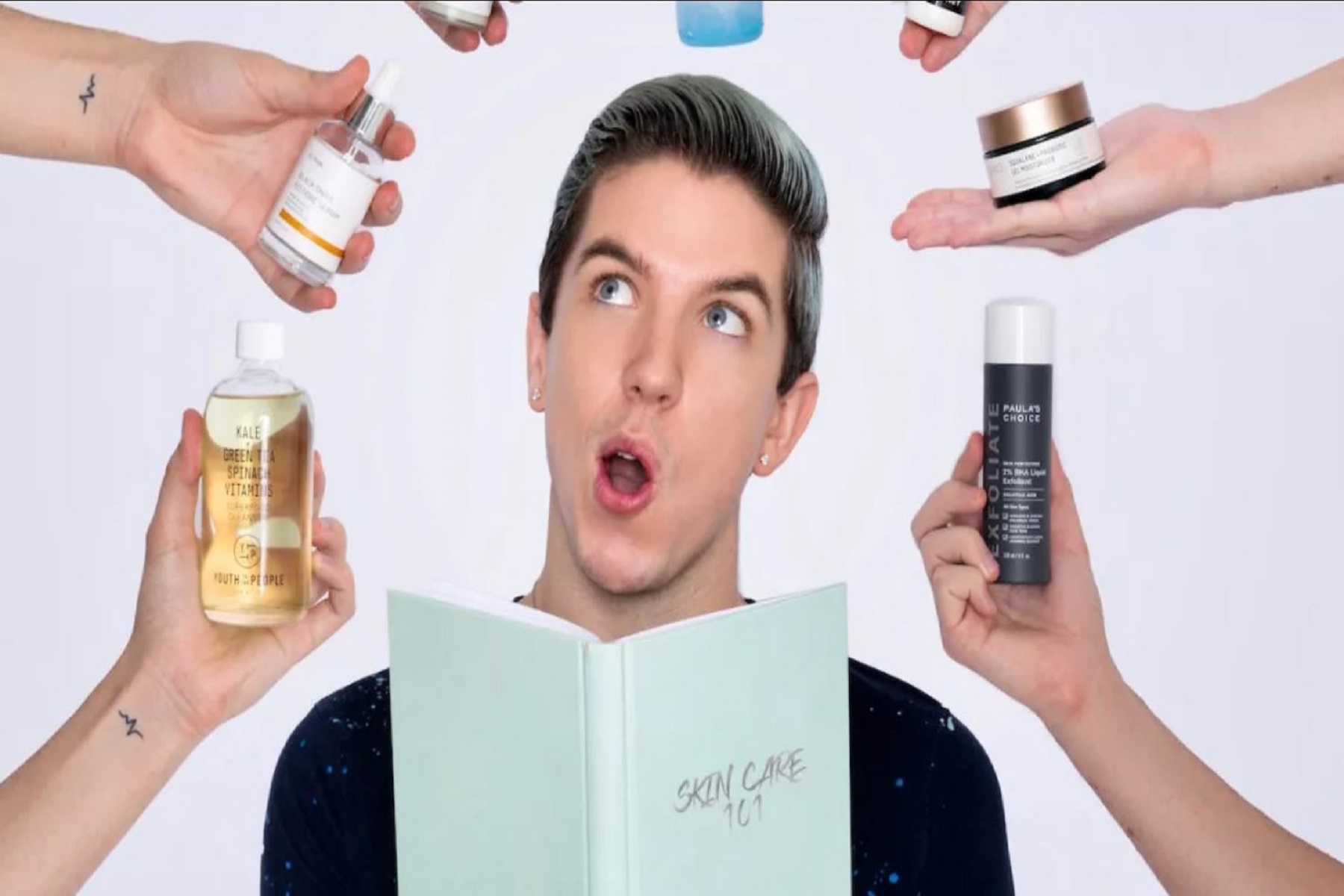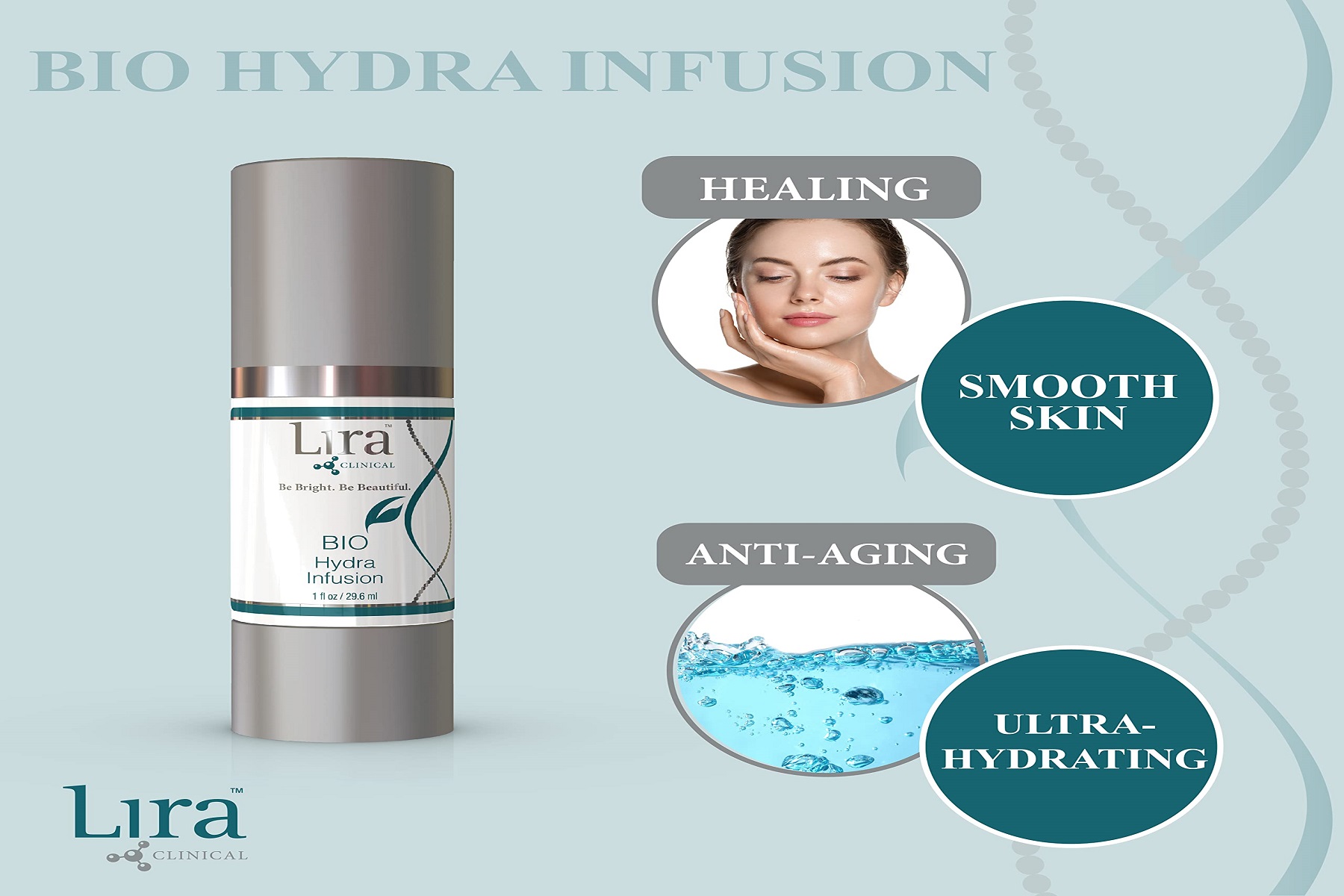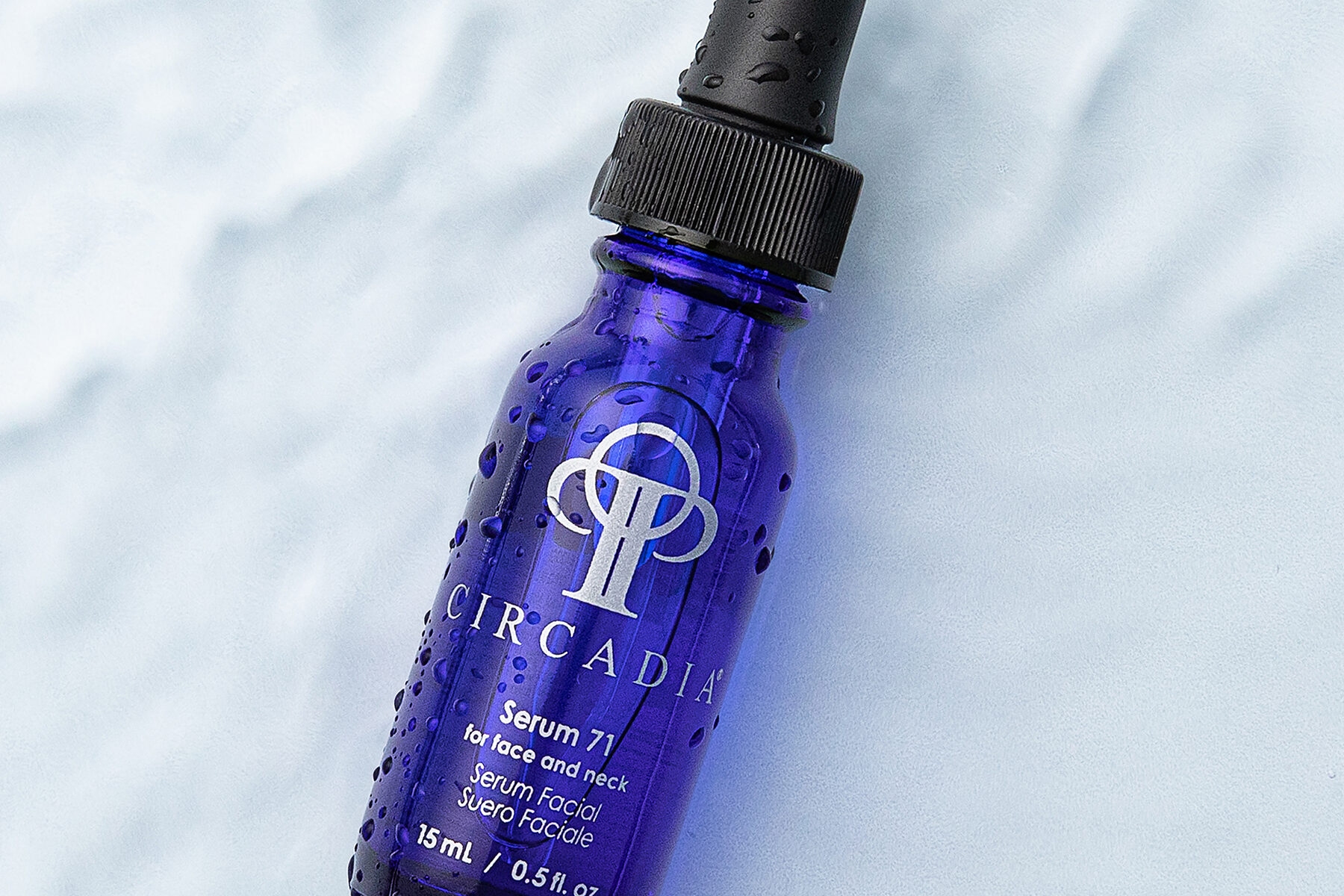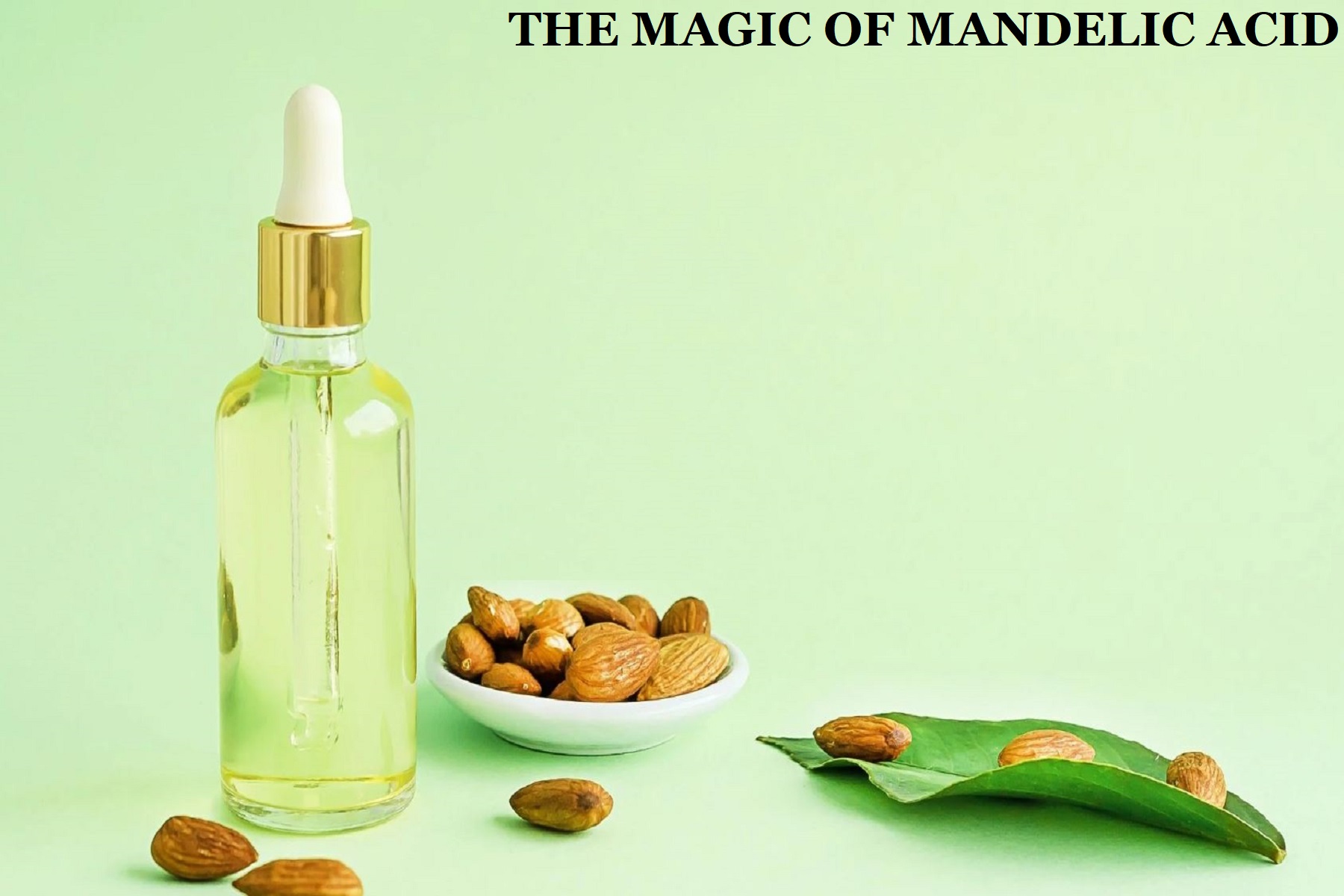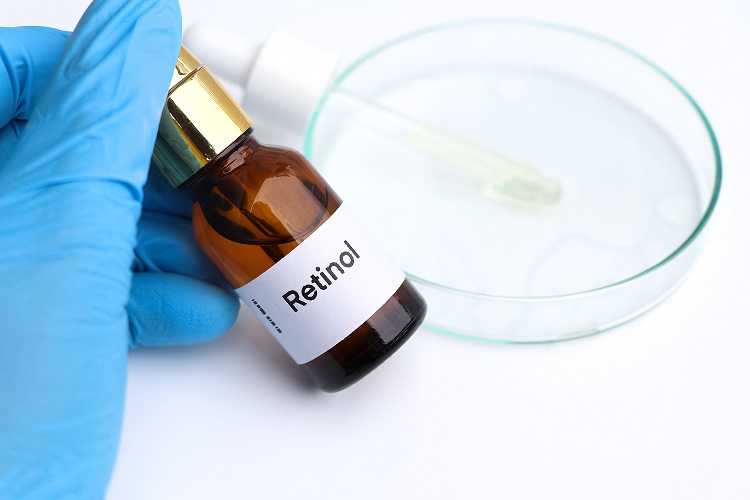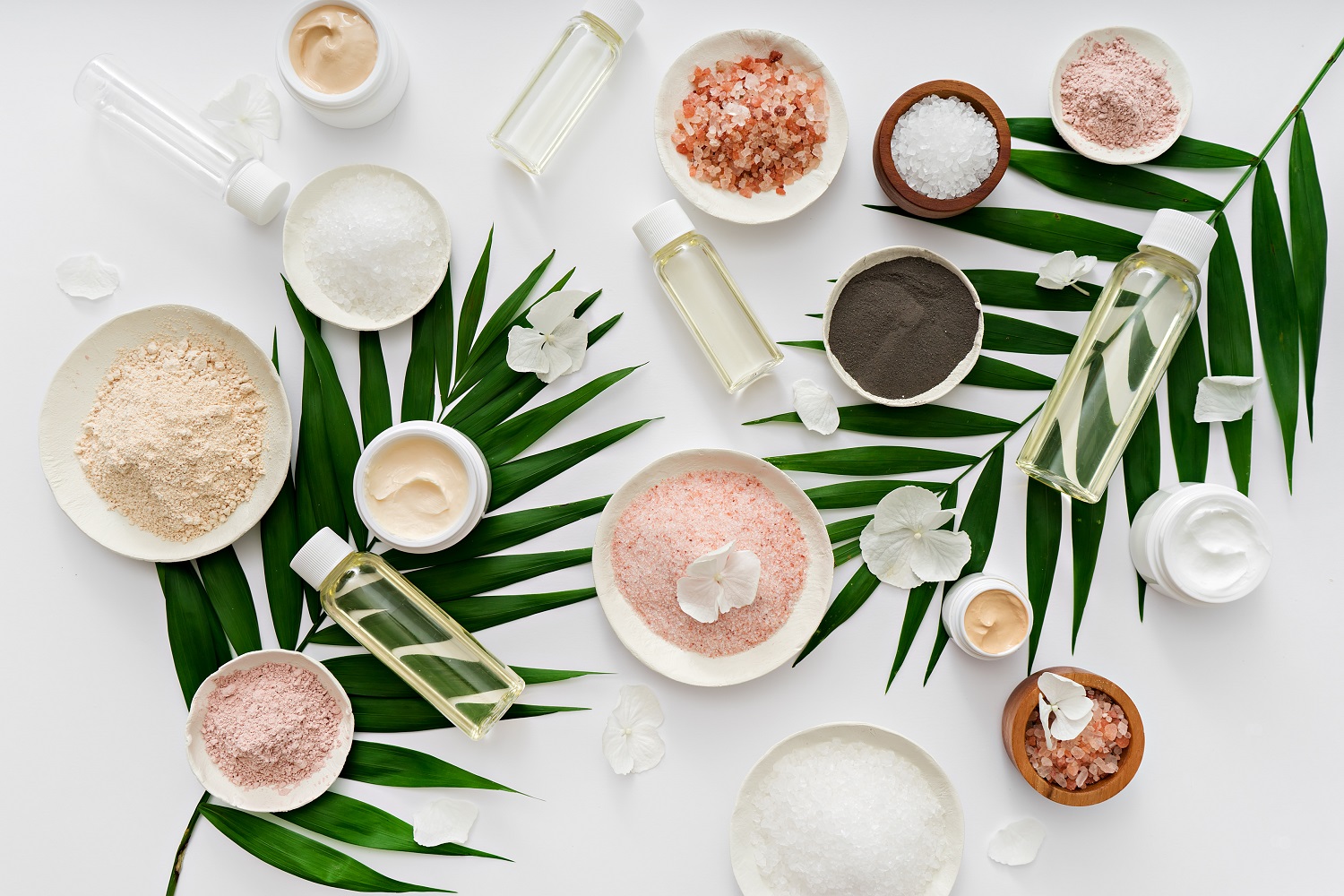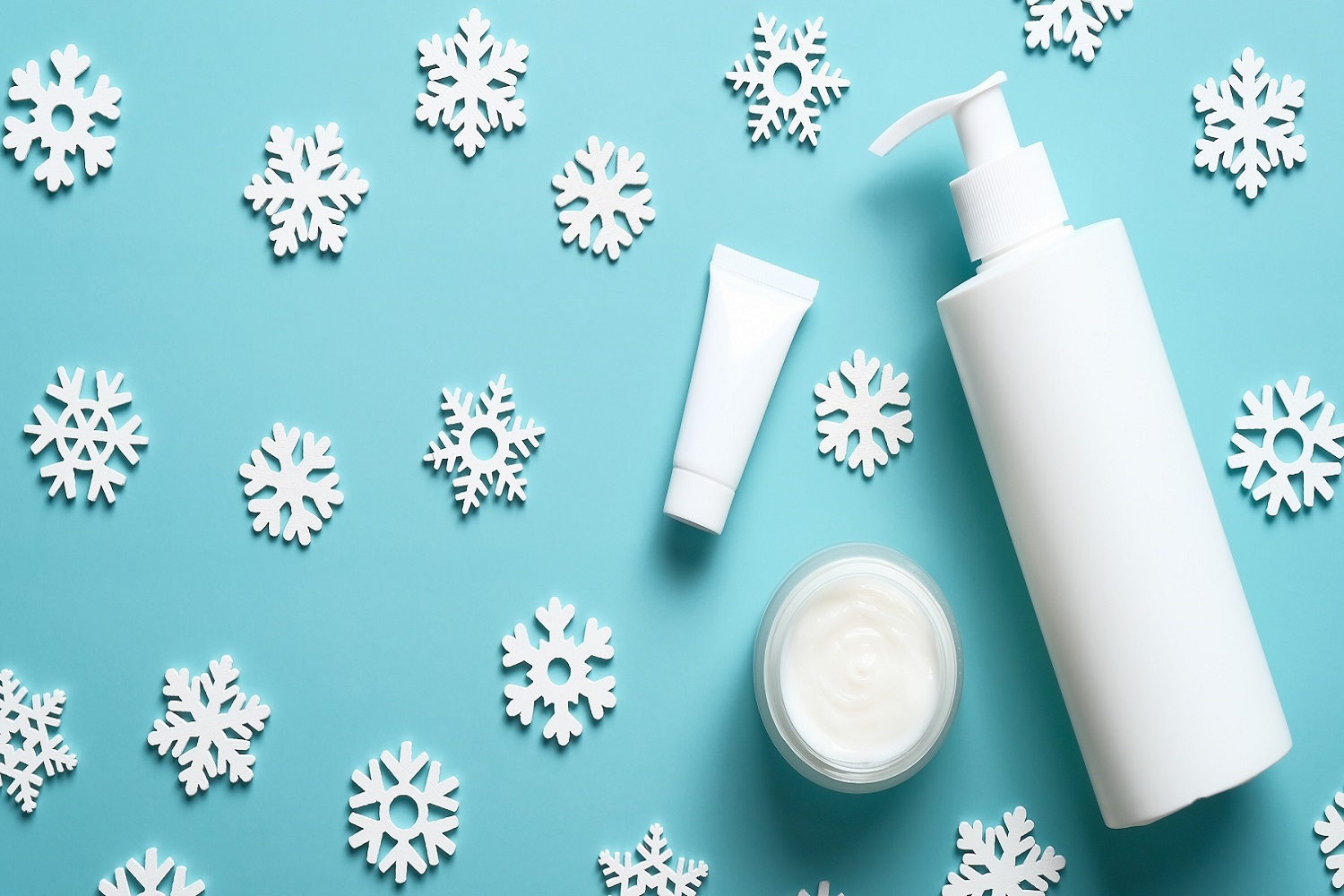One of the key ways to improve your skin health is by increasing their skin’s level of collagen. This protein gives your skin the strength, structure and support it needs to function properly. Without it, the skin loses its integrity and ages faster. Fortunately, there are many skincare ingredients and treatments you can use to kickstart collagen production.
WHAT is COLLAGEN?
Collagen is the body’s most common protein and the primary building block of the skin, muscles, bones, tendons and ligaments. Hence, the word “collagen” comes from the Greek word “kólla,” meaning glue, because it holds the skin and other parts of the body together.
Not only does collagen give the skin structure, but it actually makes up 70–80% of the skin. It creates that firm, tight, plump appearance many clients are looking for. It also plays a role in removing dead skin cells, transforming a dull complexion instead a luminant glow.
HOW the BODY CREATES COLLAGEN ?
Fibroblasts, specialized cells located in connective tissue, create collagen by combining amino acids in a specific sequence. These amino acids naturally form in the body, but can also come from eating high-protein foods. The main amino acids in collagen are proline, glycine and hydroxyproline. Together, they form three chains that wound into a triple helix structure. Since glycine is the smallest amino acid, it makes collagen tight and able to withstand stress. Your body also needs Vitamin C, zinc, copper and manganese to make collagen. Hence, diet and lifestyle as well as age play significant roles in how much collagen the body produces.
WHAT HAPPENS TO COLLAGEN OVER TIME?
Just as your body produces new skin cells as old ones die, your body replenishes collagen as it breaks down. When you’re young, your body produces collagen faster than it loses it. However, as you get older, your body produces less collagen. In fact, collagen production decreases by approximately 1% each year after about age 20, leading to a loss in firmness and elasticity. For women, collagen levels drop significantly during menopause. That’s why women’s skin ages faster during this stage of life. As they lose more and more collagen, their skin loses elasticity and becomes thinner with more lines and wrinkles.
EXTERNAL FACTORS THAT INFLUENCE COLLAGEN
Intrinsic aging is not the only culprit responsible for low collagen levels. Sunlight, for example, is the number one cause of damaged collagen. Too much UV exposure from the sun unravels collagen fibers, which leads to sun damage. A close second to sunlight is smoking. Tobacco smoke, as well as nicotine, disrupts the function of fibroblasts so that they stop producing collagen. Smoking also causes cells to produce more matrix metalloproteinases (MMPs), the enzymes that break down collagen. That’s why people who smoke regularly tend to have saggy, wrinkly skin. Sugar also compromises the collagen in your skin by causing the fibers to cross-link and tangle. Therefore, eating too much sugar can accelerate skin aging. As mentioned before, the body needs amino acids as well as Vitamin C, zinc, copper and manganese to produce collagen. Low protein consumption, Vitamin C deficiency and other dietary issues can thereby prevent your skin from replacing damaged collagen, decreasing its elasticity over time.
INCREASE COLLAGEN IN YOUR SKIN
Clinical treatments and anti-aging ingredients found in professional skincare can stimulate fibroblasts and kickstart collagen synthesis. As the fibroblasts produce more collagen, wrinkles soften as the skin becomes firmer and tighter over time. The result is a younger-looking complexion.
TREATMENTS THAT BOOST COLLAGEN
1 - Microneedling
Also known as collagen induction therapy, microneedling is the perfect treatment for boosting collagen and improving skin texture at the same time. Using a device with multiple tiny needles, puncture the top layer of the skin. This controlled Chemical Peels “injury” signals the body to produce new collagen. It also stimulates the growth of fibroblasts, helping you achieve long-lasting results.
2 - Chemical Peels
While their primary purpose is to remove dead skin cells, chemical peels can trick the body into thinking it needs to produce more collagen to repair damaged skin. The treatment works by applying an acid solution to the skin, exfoliating it to a certain depth to help form a new, healthier layer of skin. As the peel stimulates collagen production, the new layer of skin will appear firm and smooth.
3 - Facials
You can apply anti-aging skincare products with ingredients that boost collagen. Facials also increase blood flow in the skin, which creates a healthier environment for dermal cells that reside close to the blood vessels. The healthier the environment, the easier it is for dermal stem cells to produce new fibroblasts to create collagen.
4 - HOME CARE
Another way to boost collagen in your client’s skin is by creating a personalized home care regimen that’s packed with collagen-boosting ingredients.
Ingredients That Boost Collagen Production:
- Hyaluronic Acid
- Vitamin C
- Aloe Vera
- Antioxidants
- Ceramides
- Lipids
- Peptides
- Vitamin A Derivatives (Retinol)
Conclusion
Because collagen is so vital in maintaining healthy, young-acting skin, it is important to know how to stimulate collagen production
using skincare products and treatments.
The more effectively you address premature aging, the happier you will be.

